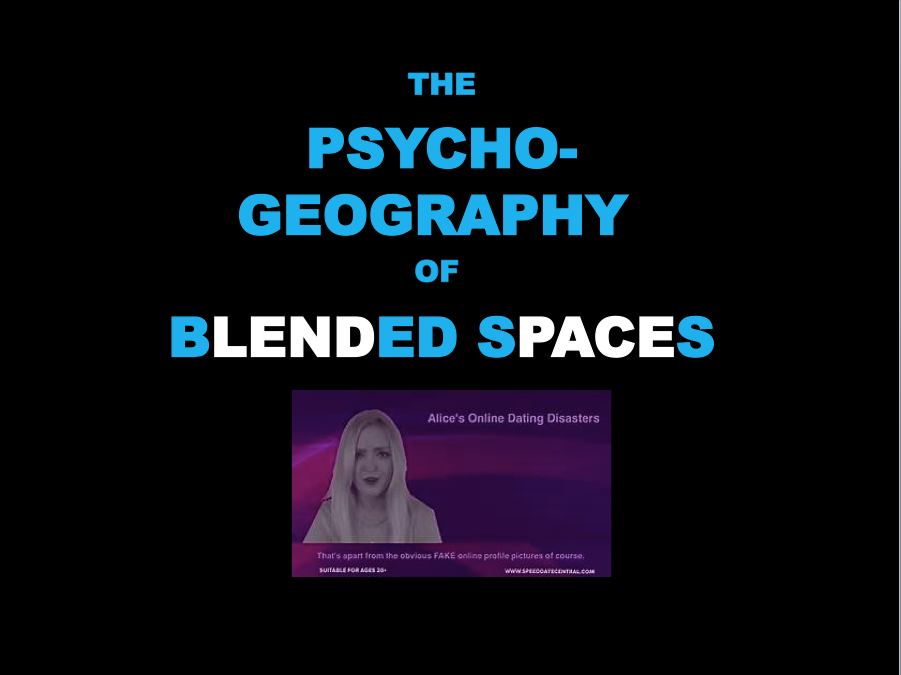As part of Digital Detox, a multidisciplinary, exploratory event CSM students explored how the digital era has affected relationships.
Digital Detox invited students from across UAL to create a project, presentation or document that reflects their interpretation of the changing nature of human social interaction.
Introducing the event and the brief, MA Applied Imagination Course Leader, Richard Reynolds discussed examples of works of art created on the internet, the invention of a new technological language and the rapidly changing digital landscape.
Students then broke out into research rooms and took part in workshops, presentations and talks from academic staff and professionals from the digital and creative industries including Practitioner-in-Residence and Film Producer Gary Kurtz, Kate Matlock, Associate Director, Digital at Ketchum, Steve Wheen, Managing Director of The Distillery and Film Director Sasha Damjamovski.
Opening up a wider conversation about the representation of people’s lives on social media, MA Culture, Criticism and Curation Course Leader, Alison Green presented ‘Relationships as Performance’, a talk and workshop which referred to the work of artist Carolee Schneemann.
Nicole Kobilansky, User Experience Researcher at Google, discussed the user-centered design behind social media, encouraging the students to consider the personal research that goes into creating social media tools.
The event culminated with a series of presentations from individual student groups and feedback from speakers. These varied in format from immersive presentations asking the audience to consider a digital dystopian future in which all our relationships are conducted through a virtual reality to futuristic proposals focusing on how social media can expand and immortalise our relationships, and finally open discussions suggesting that the digital world acts as a paradox and an extension of reality.
More:




